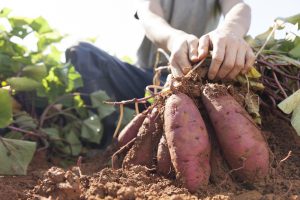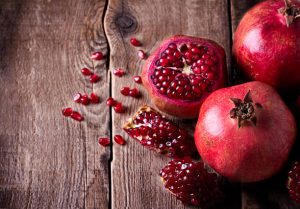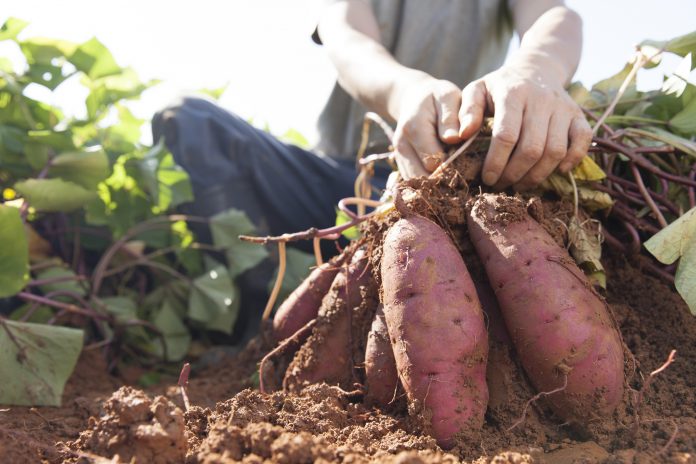(Oranjestad)—In last week’s edition, we shared with our readers some medicinal use for plants and fruits, passed down from our elders through generations. This week, we present two more uses of fruits and plants for medicinal use.
Sweet potato
According to our elders, sweet potato is mostly useful for low blood pressure. People who suffer from low blood pressure were advised to eat sweet potato 2 to 3 times a week. However, if you have high blood pressure, it is best not to eat too much sweet potato, as this raises blood pressure. Sweet potatoes are also great for people who work hard labor jobs, and it’s been said to be aid blood circulation in the body, as well as help those with hemorrhoids or diarrhea.

Many of our elders opted to plant sweet potatoes themselves, mostly because of how easy it was to do so. Cut the end of a sweet potato let it sit in shallow water until it starts to sprout. Then you may plant it in the ground. Sweet potatoes need plenty of water to grow, especially in the first week in the ground. It was said that once you start to notice the ground crack underneath the flowers, it is time to harvest. This should happen around month 3.
Pomegranate
Pomegranates are also one of the easier fruits to plant and harvest. Originated from Persia, this plant can grow almost everywhere. In Aruba, there are many homes that have a tiny or big pomegranate tree. You may be wondering what the difference is between a small and big pomegranate tree, for which the answer is based on harvest time. Tiny trees produce tinier pomegranates that can be harvested early on. Contrarily, big trees produce bigger pomegranates, but they need enough time to fully ripen before harvesting, otherwise you might end up with bitter seeds. Pomegranate trees are also very easy to plant. In essence, if you just throw the seeds on the ground, they could grow into a tree.

In terms of medicinal use, pomegranate skins are said to have a few benefits for our health. According to customs, pomegranate skin tea can help those that suffer from diarrhea. Dried pomegranate skin tea is also good for people who have worms. Pomegranate flowers can be boiled to make a drink and this can be used for irritated gums; just take a swig and let the tea sit in your mouth for a couple minutes.
Source: Remedi i Kustumber di nos Bieunan (Medicine and Customs of our Elderly) by Dinah Veeris




















